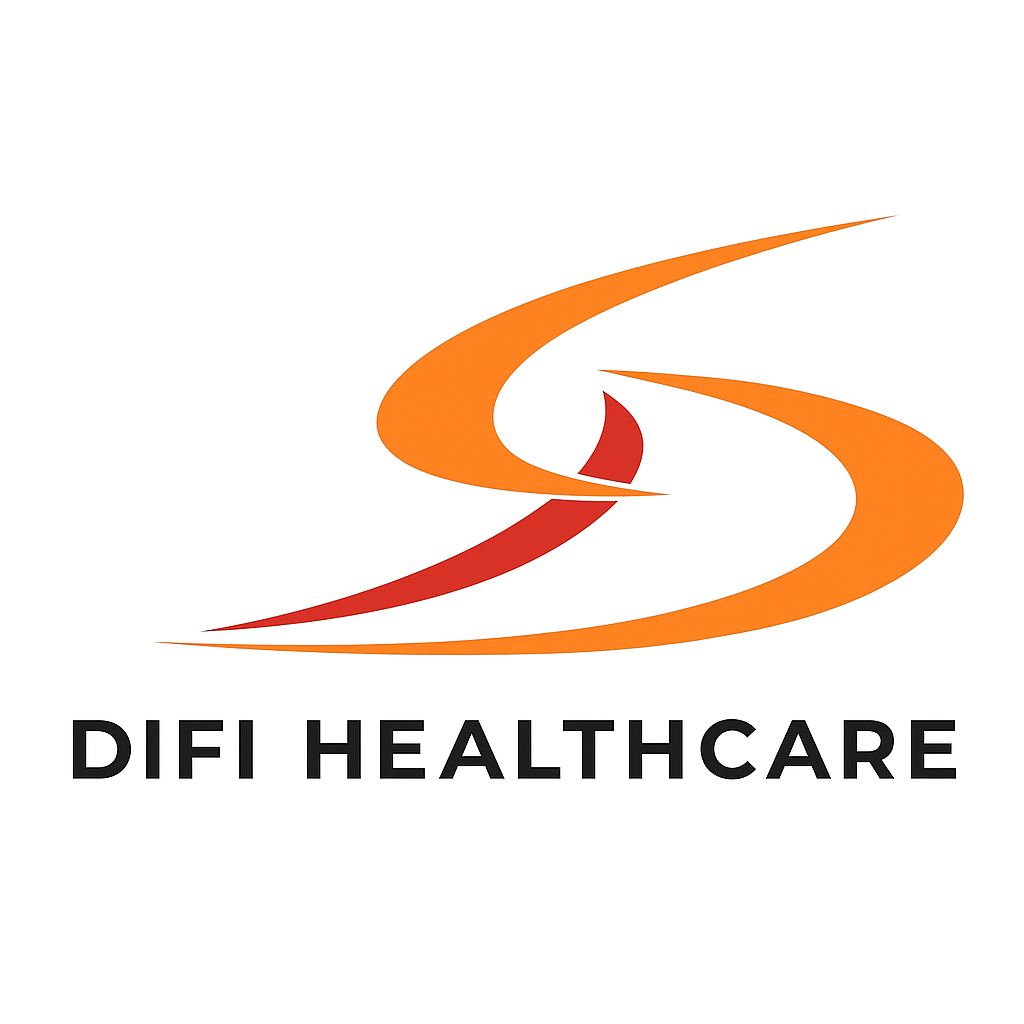Accurate Detection of Parathyroid Disorders for Better Calcium Balance
A Parathyroid Scan is a specialized nuclear medicine imaging test designed to identify abnormal parathyroid glands that may be overactive or enlarged. Many patients searching for Parathyroid Scan cost in Meerut want to understand the affordability of this essential diagnostic test, which plays a vital role in diagnosing hyperparathyroidism—a condition that leads to high calcium levels causing fatigue, kidney stones, bone weakness, and mood changes. At DIFI Healthcare, we offer transparent and patient-friendly Parathyroid Scan cost in Meerut along with advanced nuclear imaging technology to accurately detect parathyroid adenomas, hyperplasia, or other abnormalities. Our expert team ensures precise diagnosis, reliable results, and a comfortable experience, making DIFI a trusted center for affordable and accurate Parathyroid Scan cost in Meerut.
A few things we’re great at
To ensure the best scan results:
- Avoid calcium supplements or certain medications (as advised by your doctor) before the scan.
- Eat normally, unless instructed otherwise.
- Inform your doctor if you are pregnant or breastfeeding.
- Remove metallic objects or jewelry around your neck and chest area.
- Bring your previous thyroid or calcium reports for comparison.
How the Parathyroid Scan Works
- A small dose of a radioactive tracer (usually Technetium-99m sestamibi) is injected into a vein.
- The tracer travels through your bloodstream and is absorbed by the parathyroid and thyroid glands.
- A gamma camera captures a series of images over a period of time to track the tracer’s movement and retention.
- The parathyroid adenomas typically retain the tracer longer, making them visible and easy to identify on the scan.
- This non-invasive test usually takes about 1.5 to 2 hours and provides precise results with minimal discomfort.
Why Choose DIFI Healthcare
- Highly experienced nuclear medicine specialists
- Advanced dual-phase parathyroid imaging for precise detection
- Comfortable, patient-friendly environment
- Quick, reliable results with expert interpretation
- Affordable diagnostic packages for every patient
At DIFI Healthcare, we’re committed to providing accurate and compassionate care, ensuring every scan helps bring you one step closer to better health.
After the Scan
- You can resume normal activities immediately after the procedure.
- The radioactive tracer leaves your body naturally within 24 hours.
- Drink plenty of water to help flush it out faster.
- Your doctor will review the results and discuss next steps or treatment options with you.
Book Your Parathyroid Scan at DIFI Healthcare
- If you’re experiencing fatigue, bone pain, kidney stones, or high calcium levels, a Parathyroid Scan can provide the answers you need.
- Contact DIFI Healthcare or Book Your Scan Online to get accurate and safe imaging from experts you can trust.
